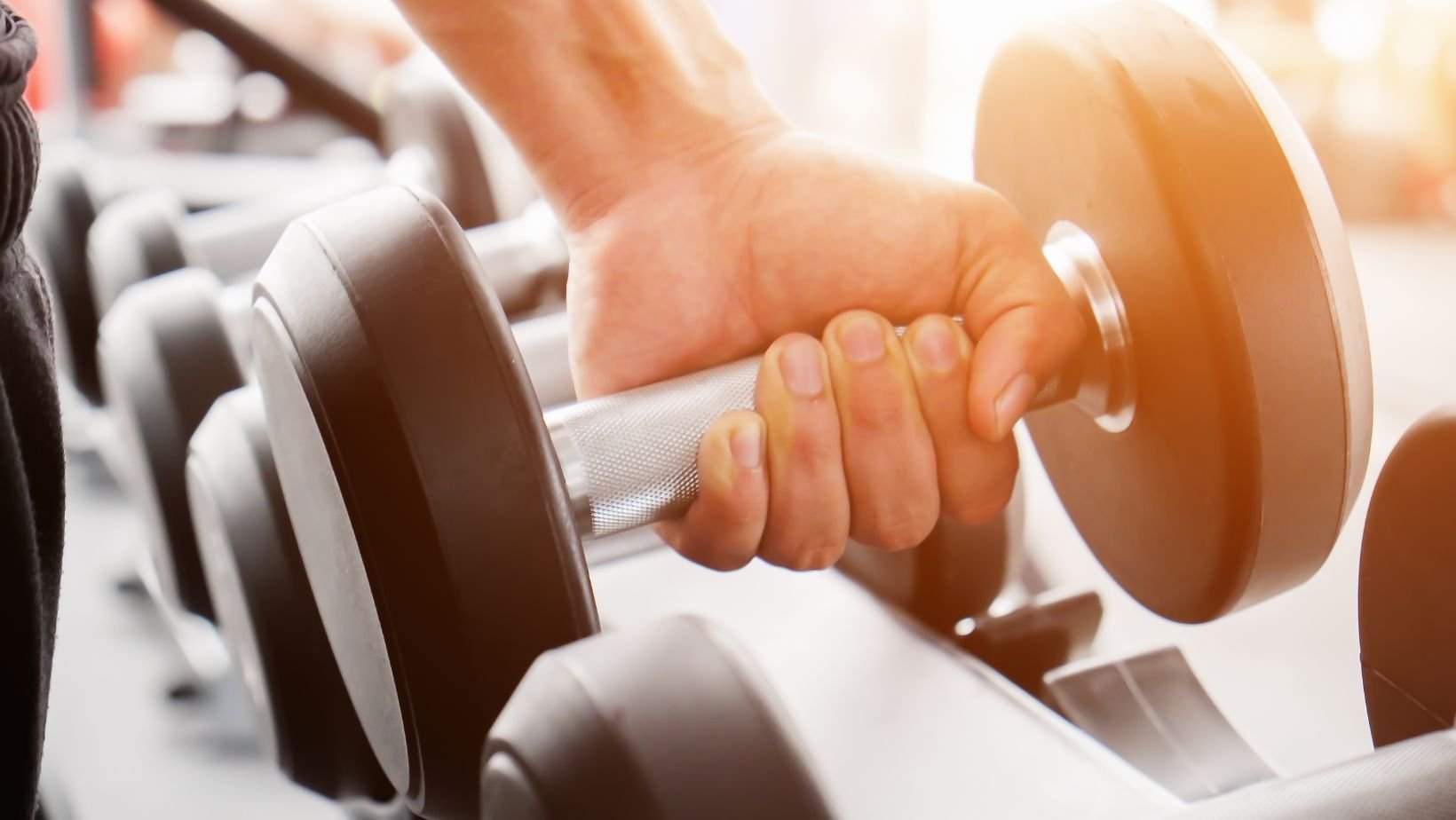Traditional Strength vs Functional Training: Which is Better?
Don't we all love a bit of controversy? Let's stop being so dogmatic about how athletes should train "their" bodies. Athletes should at least try to get strong, but they should also learn to move well. Adaptability is key.
There are two schools of thought when it comes to strength training for athletes:
Strength and conditioning specialists prioritize traditional strength training, emphasizing lifting either heavier or faster.
Movement aficionados prioritize integrating functional movement patterns for improved movement capacity and coordination.
Here are my thoughts on the matter:
There's a time and a place for traditional strength training and functional movement methodologies. Most athletes would benefit significantly from incorporating both strategies into their strength and conditioning plan.
The underlying argument is whether generality or specificity achieves better results, which is improved athletic performance. There are times when you want to take a more generalized approach to your training and times when you want more specificity with your exercise selection.
Examples where an athlete would want to take a more generalized approach:
Leading up to competition season.
Early stages of the competition season.
During injury rehab or while injured.
During the off-season.
Benefits of training this way:
Focus on health-related aspects of fitness (strength, mobility, cardio, body composition)
Provides a strong foundation for progress down the road.
Easier to progressively overload the musculoskeletal system and build lean muscle mass.
Examples where an athlete would want to take a more specialized approach:
Weeks before competition season.
During peak competition season.
When focusing on skill acquisition.
When learning movements related to sport.
Benefits of training this way:
Focus on skill-based aspects of fitness (Coordination, speed, agility, pattern recognition)
Develops movement patterns and skills specific to the sport.
It improves joint health and mobility, trains functional movements, and reduces stress on the body's tissues.
The most crucial part is that you are consistent with your training and keep your body healthy over long periods. Whatever tools you choose to achieve your goals is up to you. I advise you not to neglect any fitness component because they are all important to your overall development as an athlete.
If you want to lift heavy weights, then lift heavy weights. If you're going to perform highly specific sports movements, you should do that, too.
The important part is that you put in the work day in and day out. That's all that matters.



